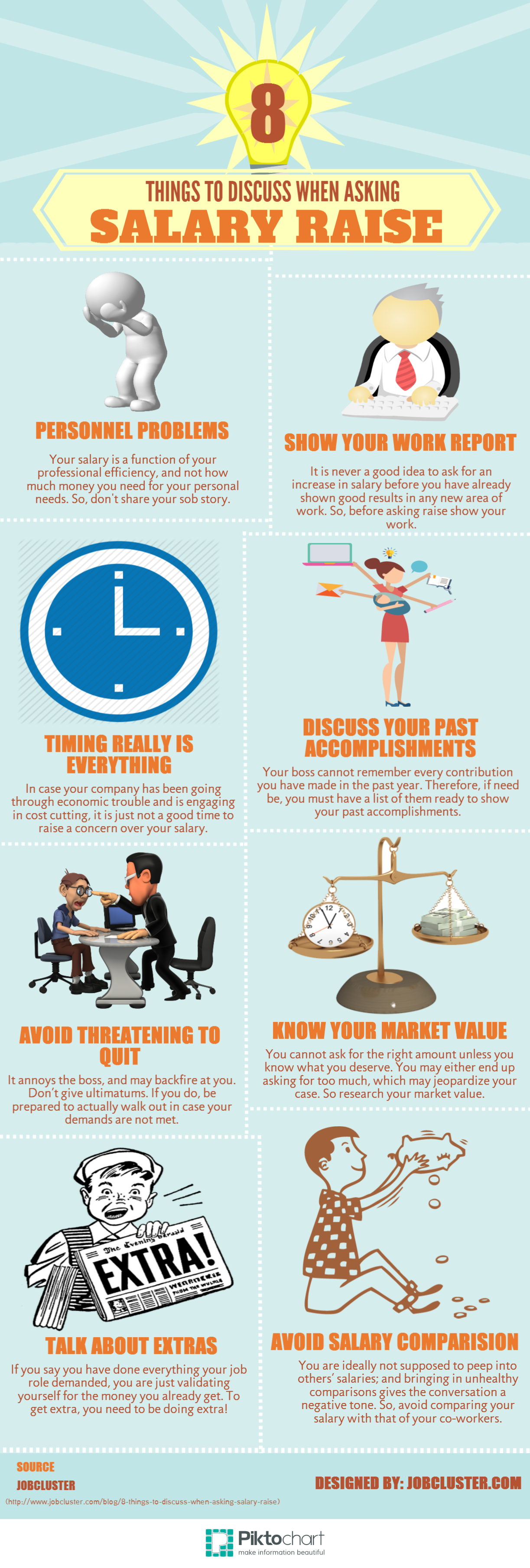 You can forge the direction of your career with short, strategic conversations. We often only think about our careers once a year as a new year resolution or a performance review. Yet we know that frequent feedback, sharing information and asking for help are the keys to growing and developing our careers. If you keep a mindset of service to others its easier to find career help. While you may be looking for opportunities, you also are constantly creating how others see and remember you. Here are 8 ways to start a conversation that takes 10 minutes or less:
You can forge the direction of your career with short, strategic conversations. We often only think about our careers once a year as a new year resolution or a performance review. Yet we know that frequent feedback, sharing information and asking for help are the keys to growing and developing our careers. If you keep a mindset of service to others its easier to find career help. While you may be looking for opportunities, you also are constantly creating how others see and remember you. Here are 8 ways to start a conversation that takes 10 minutes or less:
1) Ask your boss what you can help with to support her this week.
2) Attend a meeting of interest to you. Share your interest in the topic with at least 3 people, including the speaker.
3) Notice when a colleague is struggling and offer a shortcut that would save them some time.
4) Ask your friends, parents, siblings, or cousins to explain what they do at work and why its important. Explain what you do in a way they can relate to.
5) Chat with your boss about what’s going well and what you’re looking forward to doing.
6) Ask about others’ interests, what resource or information they need and if you can help get it.
7) Notice the thought leaders in your organization. Ask them about current trends and talk about the impact for your organization.
8) Ask your boss what skills or knowledge you could develop that would be helpful to your team.
9) Start a conversation by sending an article or website to your boss or colleague and request to discuss it for 10 minutes.
Did you notice that none of these involve sending your resume? That document is always handy to have up-to-date in case this 10 minute conversation leads to a chance to work on a committee, task force, project, etc. Getting to know and being known by others develops your relationships and [drum roll,please] your network.
I’m sure you can think of other ways to start career conversations and I’d love to hear them!



